Britain & Ireland
What was it about industrialisation that led to the emergence of a woman’s movement in Victorian Britain? Why do we see so many people fighting for so many rights and liberties in this period and what are the origins of some of the issues we still campaign on today? This section includes our major series on Social and Political Change in the UK from 1800 to the present day. There are also articles and podcasts on the often violent relationship between England and Ireland during this period and England’s changing relationship with Scotland and Wales. Read more
Sort by:
Date (Newest first) | Title A-Z
Show:
All |
Articles |
Podcasts |
Multipage Articles
-

Harriet Kettle, Victorian rebel
ArticleClick to view -

Hat on headstones
ArticleClick to view -

Heritage and History
ArticleClick to view -

History Abridged: Balmoral
ArticleClick to view -

History Abridged: The census
ArticleClick to view -
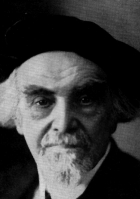
History's big picture in three dimensions
ArticleClick to view -

Home Rule for Ireland - For and against
ArticleClick to view -

How Nelson Became a Hero
ArticleClick to view -

Immigration and the making of British food
ArticleClick to view -
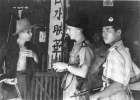
Imperialism resurgent: European attempts to 'recolonise' South East Asia after 1945
ArticleClick to view -
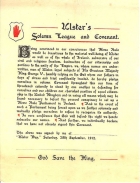
Irish Unionism 1885-1922
ArticleClick to view -

Isaac Butt and Irish Nationality
ArticleClick to view -

Jane Austen: a writer for all seasons
ArticleClick to view -

Joseph Priestley's American Dream
ArticleClick to view -
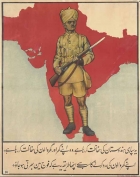
Journeys Home: Indian forces and the First World War
ArticleClick to view -

Landowners and their motives for change at the Suffolk village of Culford between 1793 and 1903
ArticleClick to view -

Lecture recording: Writing Black histories, telling Black stories
ArticleClick to view -

Lloyd George & Gladstone
ArticleClick to view -
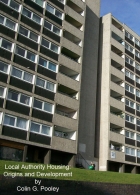
Local Authority Housing
ArticleClick to view -

Lord Palmerston
ArticleClick to view

